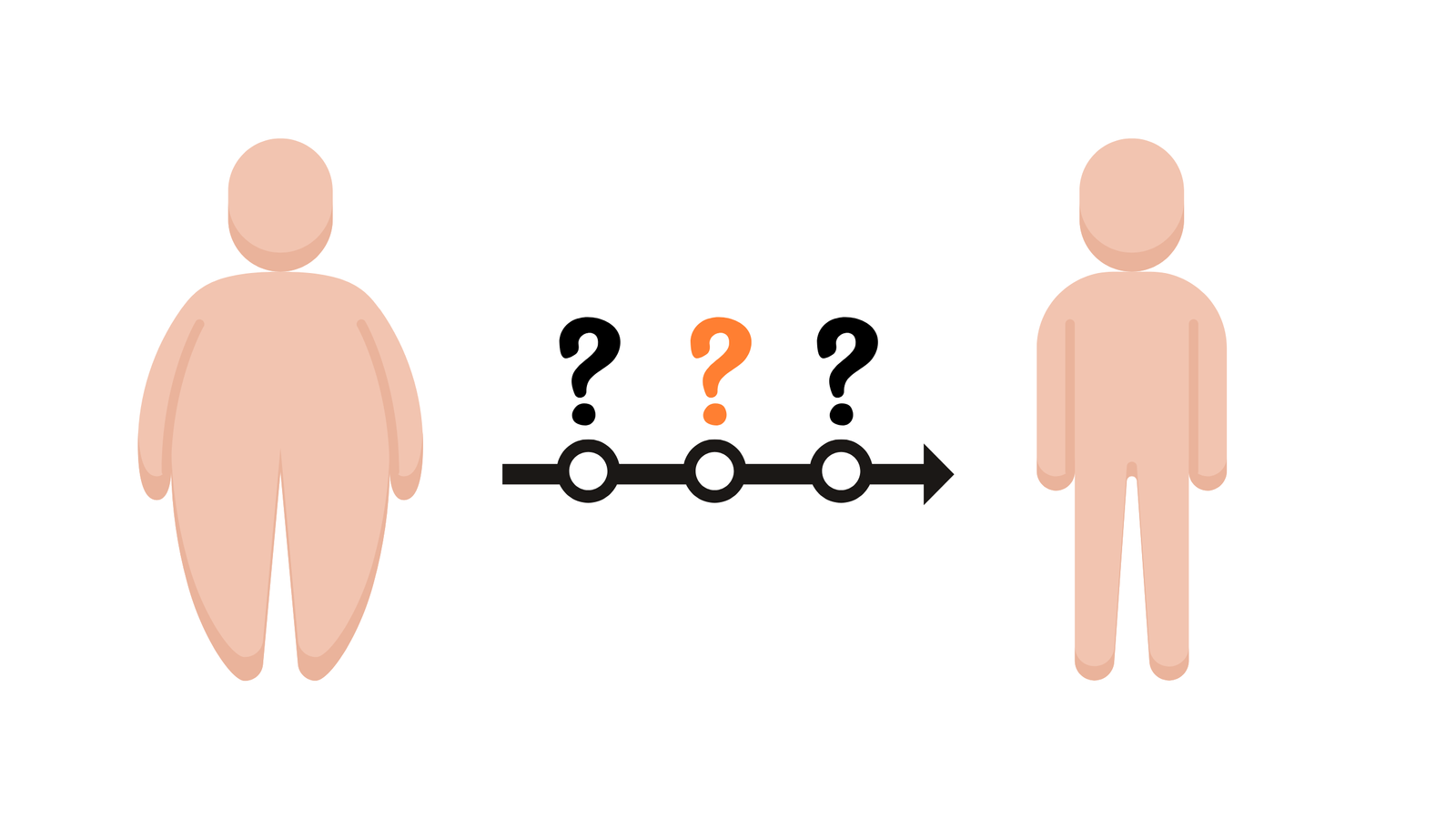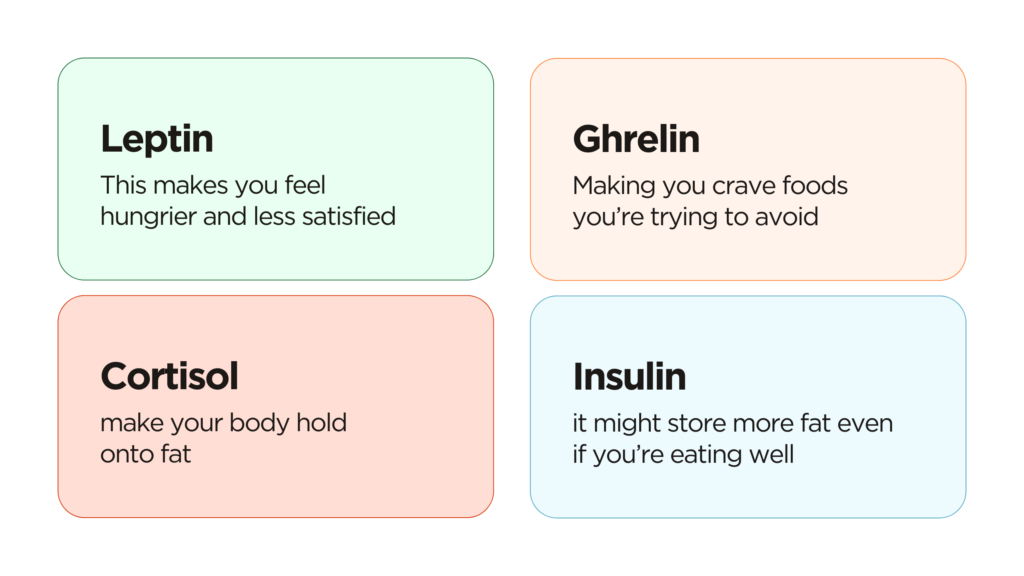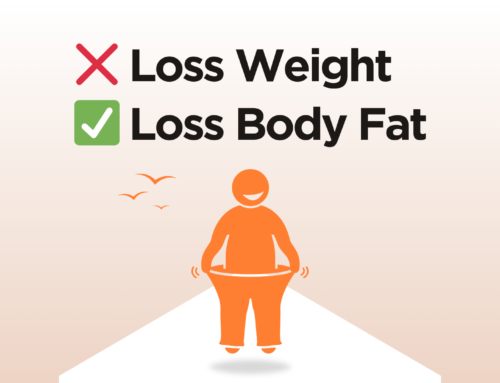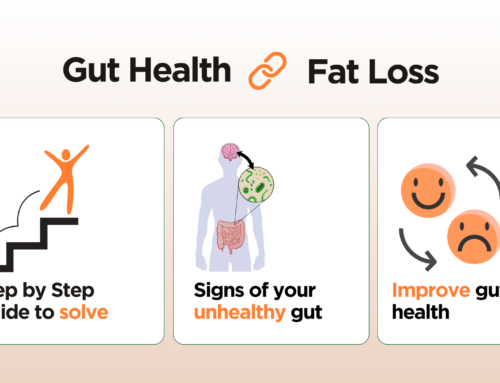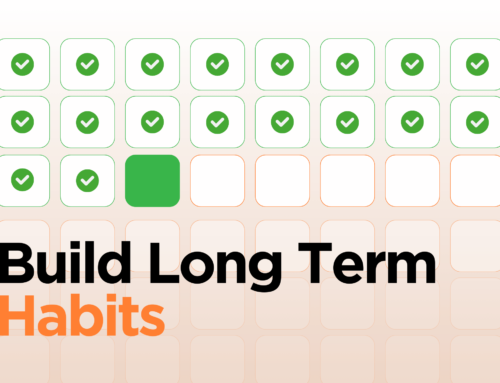What Happens When Your Body Stops Losing Fat?
Let’s face it—hitting a fat-loss plateau can be super frustrating.
You’ve been putting in the effort—counting your meals, doing your workouts, and seeing results. But suddenly, the progress stops. What’s going on? Is your body working against you? Or is this just a normal part of the process? Let’s find out
To move ahead let me clear this word “plateau”
What is a fat-loss plateau?
A fat-loss plateau happens when you stop losing weight or fat despite sticking to your diet and exercise plan. This occurs because your body adapts and burns fewer calories over time
Read more about Plateau here
Why Do Fat-Loss Plateaus Happen?
First, let’s clear this up: your body isn’t trying to mess with you. It’s just doing what it’s supposed to—keeping you alive
When you lose fat, your body adjusts to the change. This is called metabolic adaptation. It’s your body’s way of saving energy. As you lose weight, your metabolism slows down. Why? Because with less weight to carry, your body doesn’t need as much energy to function. This means the calorie deficit that worked before might not work now
Here’s an example: When you were heavier, your body burned more calories to keep you moving. Now, with less fat, it’s more efficient. The downside? You burn fewer calories and losing more fat gets harder. If you’re overdoing exercise or eating too little, your body might fight back even harder to save energy
How Hormones Affect Fat Loss
When you stop losing fat, your hormones might be playing a big role.
- Leptin: This is the hormone that tells your brain you’re full. As you lose weight, leptin levels drop. This makes you feel hungrier and less satisfied
- Ghrelin: This is the hormone that makes you hungry. It goes up as you lose weight, making you crave foods you’re trying to avoid
- Cortisol: If you’re stressed from working out too much or eating too little, this stress hormone can rise. High cortisol levels can make your body hold onto fat, especially around your belly
- Insulin: If your body becomes less sensitive to insulin, it might store more fat even if you’re eating well
These hormones are affected by things like sleep, stress, and how you treat your body. Keeping them balanced is key
Are You Really Stuck?
Sometimes, what feels like a plateau isn’t one at all. Here’s why:
- Are you tracking food accurately?
It’s easy to underestimate portion sizes or forget about the extra calories in snacks or drinks - Has your workout routine become too easy?
Your body gets used to exercise over time. If you’re not challenging yourself with new moves, heavier weights, or higher intensity, you might not be burning as much fat as before
Take a close look at your habits to see if there’s room to improve
What Does Your Body Need?
Here’s the surprising truth: sometimes, your body needs a break. Instead of eating fewer calories or working out more, you might need to eat more and rest. This is called a maintenance phase
In a maintenance phase, you eat the number of calories your body needs to stay the same weight. This gives your metabolism a chance to recover, your energy levels to come back, and your body to reset
Imagine this: You’ve been eating 1,500 calories a day and doing intense workouts, but nothing’s changing. Instead, you start eating 2,000 calories of healthy foods like lean protein, whole grains, veggies, and good fats. You let your body rest and recover. After a few weeks, you feel stronger, your workouts improve, and when you go back to a calorie deficit, the fat starts coming off again
Why Fat Loss Isn’t the Only Goal
Let’s be honest: losing fat is a common goal, but it’s not the only thing that matters
What about feeling stronger? Having more energy? Living longer? Maybe your plateau is a sign to shift your focus. Instead of just trying to lose fat, you could work on building muscle, improving flexibility, or simply enjoying food and exercise without stress. These goals are just as important and can make you feel just as good—if not better
Life After the Plateau
Picture this: You wake up and don’t care about the number on the scale. You enjoy a delicious breakfast of avocado toast and eggs because it makes you feel good, not because you’re counting every calorie. Your workout feels powerful, not like a punishment. You lift heavier weights or run faster, feeling proud of what your body can do
That’s the bigger picture. Fat loss might have been your starting point, but it doesn’t have to be your whole journey
Final Thoughts
Fat-loss plateaus aren’t failures. They’re a chance to step back, rethink, and maybe even change your approach. Your body isn’t the enemy—it’s your partner in this journey. Listen to it, respect it, and work with it
What’s your next move? Maybe it’s tracking your food more carefully, trying a new workout, or taking that much-needed break. Whatever you choose, remember this: progress isn’t always a straight line. But with patience and the right mindset, you’ll get there

